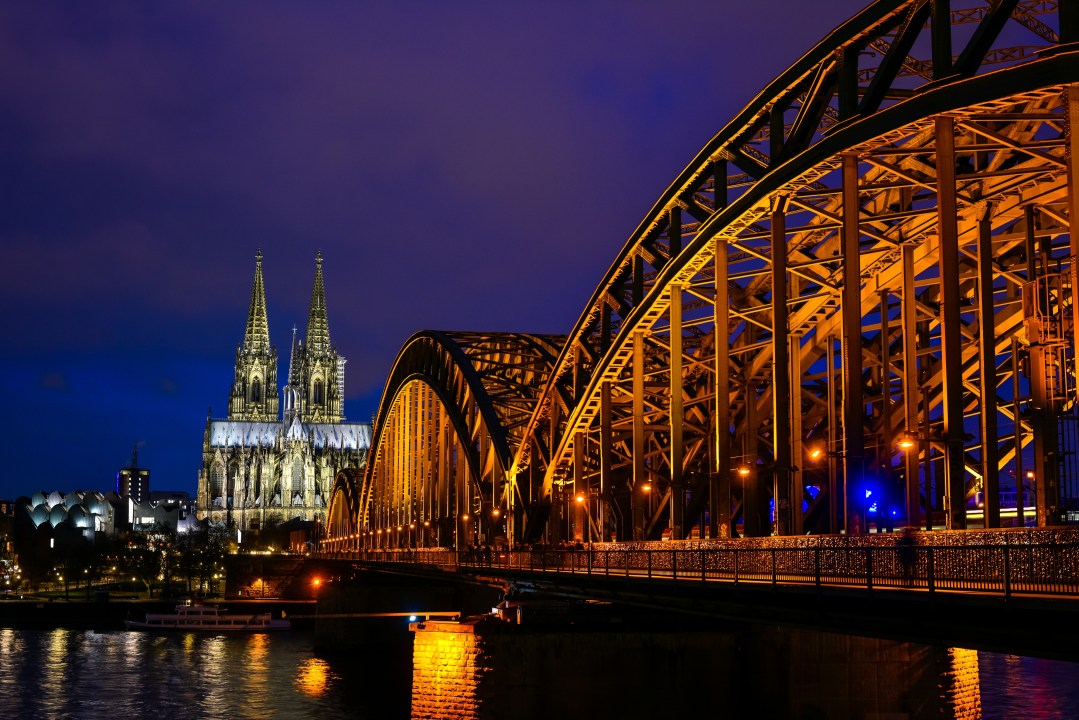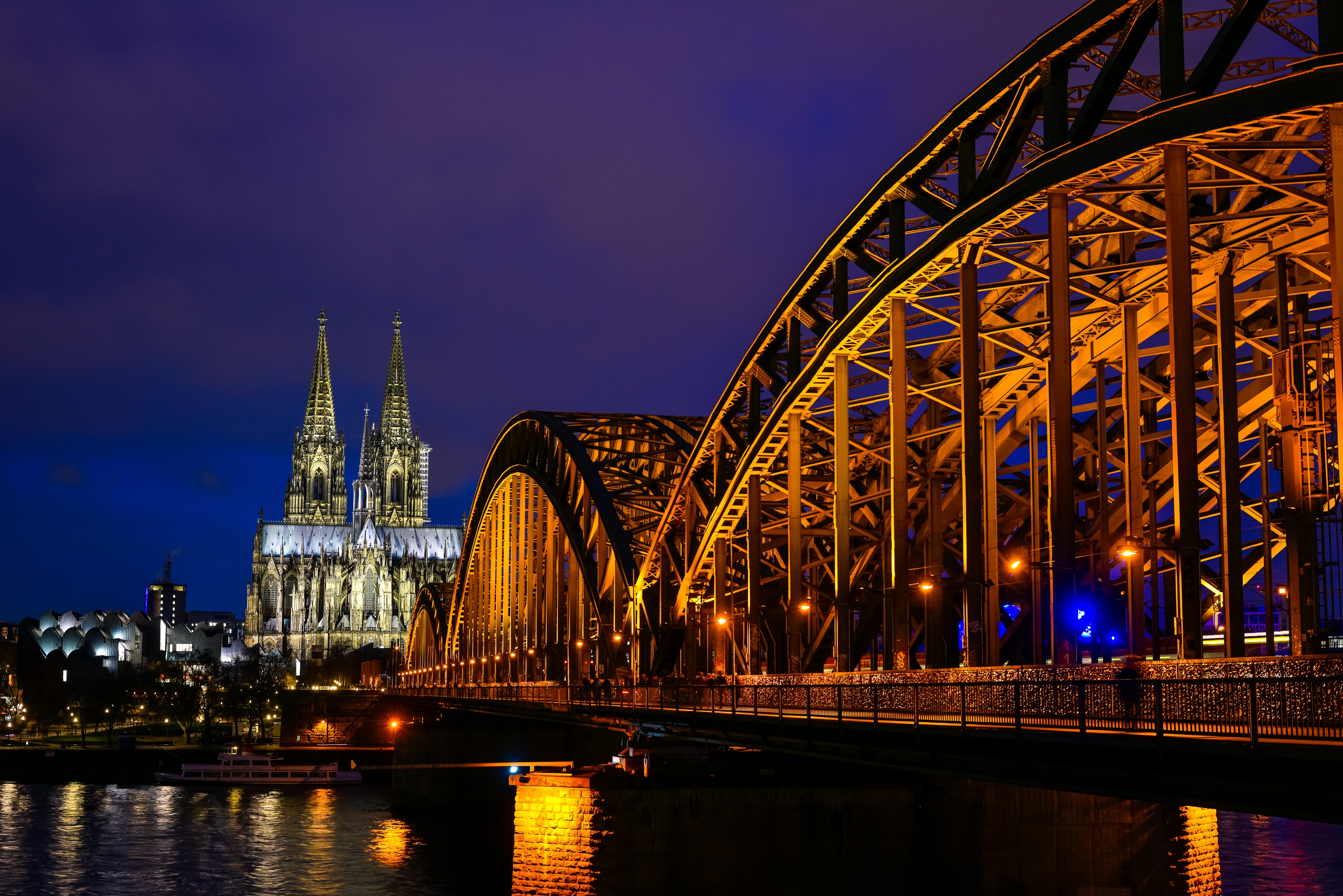I consider myself to be bad at making predictions, but one of the obvious things about the migrant crisis last year was that public sympathy for the Syrians, spurned in particular by the image of the drowned 3-year-old boy Aylan Kurdi, would soon evaporate. A large number of men from war zones moving into an ageing, peaceful and culturally very liberal society presents lots of ‘challenges’, as the Economist might put it; Sweden’s generous immigration policy has already been blamed for an increase in sex crimes against women, so there was a possibility that #refugeeswelcome might be blamed for problems in Germany.
Still, the reports coming in from Cologne and other German cities from New Year’s Eve, of up to 1,000 men of ‘Arab or North African appearance’ allegedly committing dozens of sexual assaults and robberies and at least one rape are nonetheless shocking. While it’s not yet clear whether the men were migrants, descriptions by the police and witnesses suggest they spoke neither German nor English. In 2015, Germany recorded 1.1 million asylum seekers entering the country, so the attacks have inevitably been linked to mass migration.
The criminal behaviour was most likely organised on social media and there is a curious contrast between how quickly the 1,000 or so men were able to arrange this event, and how long it took for such a large incident of public violence to be reported – several days afterwards.
I previously compared Chancellor Angela Merkel to one of those teenagers who post their house parties on Facebook and end up with hundreds of random people turning up at their homes. And this is indeed the social media migration: people responded very quickly to Angela Merkel’s change of policy last summer because of Twitter and other sources, something that even five years ago would not have happened so quickly.
Meanwhile the smartphone is driving African migration north, a movement that is more about that continent’s economic growth than stereotypical notions of poverty. Smartphones allow the money transfers that fuel chain migration, and they create a new pull factor for African migrants who can now view life in Europe, via their gadgets.
And although modern communication technology makes mass migration easier, it also potentially makes it much more unpredictable, while making integration harder. People have warned for some time that modern communication slows down integration, creating ‘dish cities’ in which people never leave their homeland mentally, because satellite technology, Skype and other forms of communication allow them to stay among people like themselves.
On top of this, as was shown last week, social media can lead to flash mobbing, a particular danger when a small continent has a large amount of people entering it. The problem is that western debate is still stuck in the post-war period or earlier, while the world has moved on, and is no longer a planet of two billion people constrained by geography and limited communication. Older, pre-war migrations have almost no relevance to what is happening today. Huguenots and Russian Jews, whatever their similarities with today’s migrants (and there are very few), were cut off from their former homes. Today’s migrants need never be, especially when news media is increasingly allowing us to enter our own echo chambers, politically, culturally and religiously.
European media was slow to report Thursday’s events because it is terrified of nativist violence; and in an age when social media is arguably increasing the sum total of human hatred in the world, they’re probably right to be. And whereas many arguments about mass migration rest on the premise that because technology makes it far easier than it once was, it is therefore inevitable and/or beneficial, the logic could equally be applied 180 degrees in reverse – that modernity and modern communication make border enforcement more of a necessity than ever.








Comments